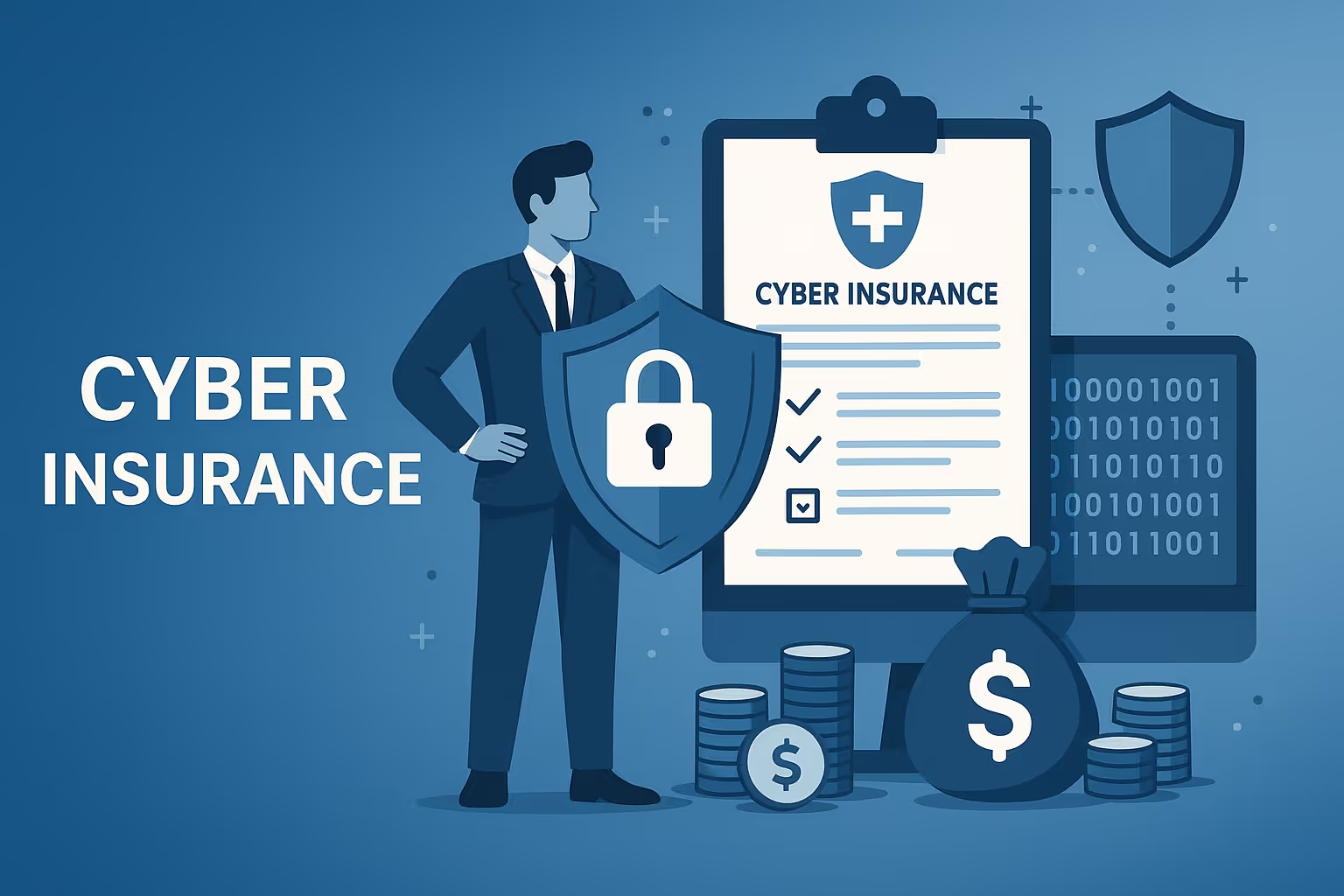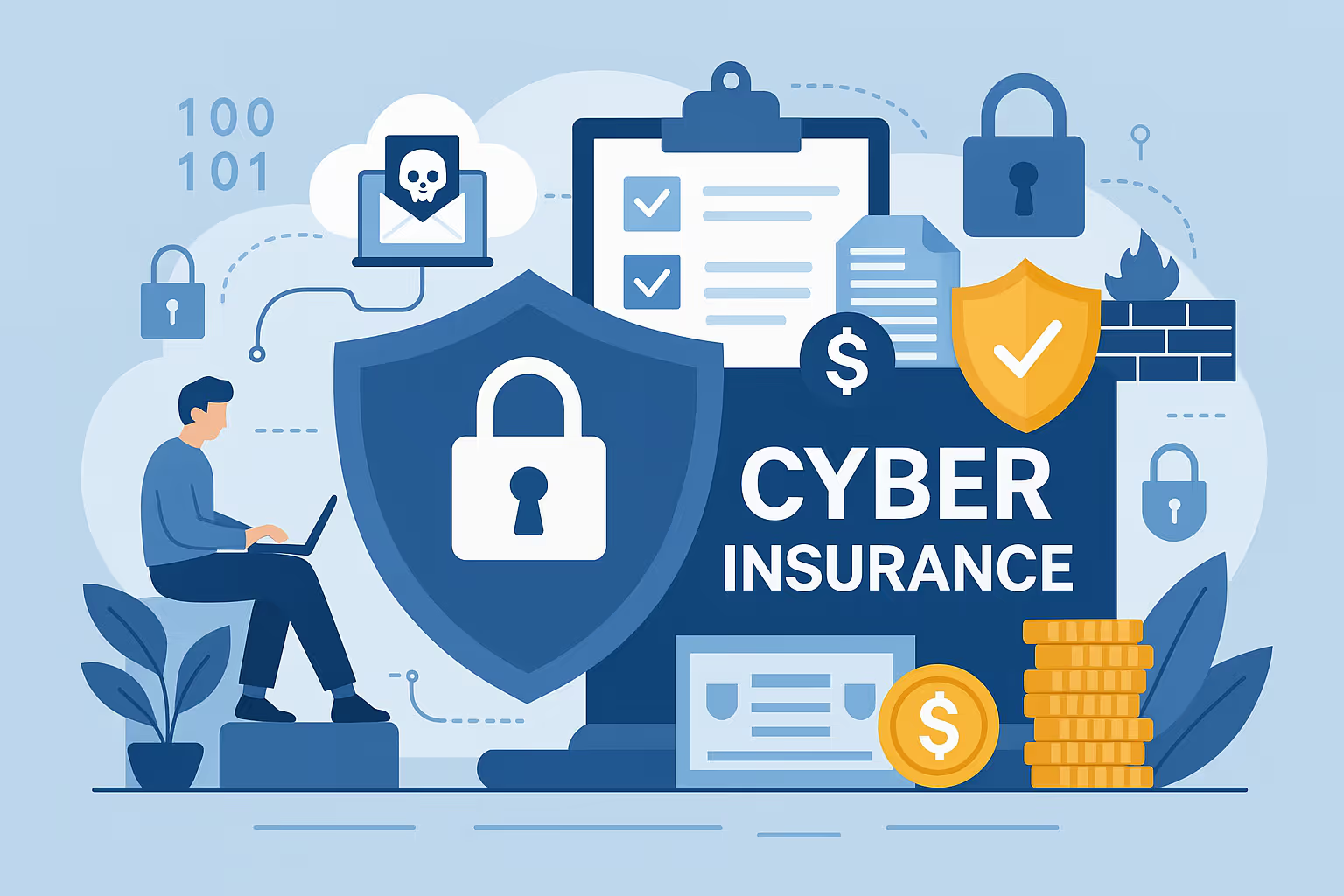
How to get...

Who provides...


Why need...
Businesses in the Hospitality / Travel / Tourism sector in the United States are highly attractive targets for cybercriminals due to their extensive databases of guest information, payment details, and operational systems. With increasing cyber threats, cyber insurance for Hospitality / Travel / Tourism in the United States serves as a critical safeguard.
Key risks specific to this industry include:
In addition, cyber insurance for Hospitality / Travel / Tourism not only covers direct financial losses such as incident response costs, legal fees, and regulatory fines but also provides access to expert mitigation and recovery services. This is essential for quickly restoring operations and protecting the business against prolonged disruptions, making it a vital risk management tool in today's increasingly digital landscape.
Data Breach / Privacy Liability coverage under cyber insurance coverage for Hospitality / Travel / Tourism protects organizations against losses resulting from unauthorized access, disclosure, or theft of customer and guest data. This coverage typically includes:
This coverage is critical for the Hospitality / Travel / Tourism sector because these organizations handle sensitive personal and payment information from millions of guests. It directly impacts operational resilience, ensuring that data breach incidents do not result in crippling financial losses or prolonged loss of customer trust.
Business Interruption coverage is a crucial component of cyber insurance coverage for Hospitality / Travel / Tourism. It provides compensation for lost income and additional expenses if a cyber event forces temporary closure or disrupts critical systems. Key aspects include:
This is vital for hospitality and travel companies because any interruption can affect guest services, bookings, and overall travel logistics, thereby impacting the organization’s financial security and customer satisfaction.
Cyber Extortion / Ransomware coverage protects Hospitality / Travel / Tourism organizations against threats where cybercriminals demand a ransom to restore access to systems or data. The policy generally covers:
Given the high volume of digital transactions and guest interactions in this sector, such coverage is essential. It minimizes disruptions and financial losses arising from ransomware incidents, thereby safeguarding both operational continuity and customer confidence.
Regulatory Defense & Fines coverage addresses costs stemming from investigations and enforcement actions following a data breach or cyber incident. This coverage typically includes:
For Hospitality / Travel / Tourism organizations, compliance with data protection laws is non-negotiable. This coverage helps mitigate the financial impact of regulatory actions, ensures faster recovery from legal setbacks, and maintains the operational integrity necessary to uphold guest trust and industry reputation.
Build Security with OCD Tech That Meets the Standard — and Moves You Forward
Contact Us
Hospitality/travel firms protect guest data. Underwriters assess cyber controls and risks. Meeting standards lowers breach odds.
Secure Your Business with Expert Cybersecurity & Compliance Today
Contact Us


Differences by State...
When organizations in the Hospitality / Travel / Tourism sector purchase cyber insurance for Hospitality / Travel / Tourism, they must navigate state-specific rules that influence coverage limits, premiums, and reporting obligations. Different states have unique regulatory landscapes that affect how companies evaluate, purchase, and maintain their policies, making it essential to understand these differences.
These state-by-state differences impact organizations in several ways:
Understanding these key differences helps companies tailor their risk management strategies, optimize premium expenditures, and ensure they meet all compliance obligations required by state law.

Compliance & Frameworks...
In the U.S. sector, cyber insurance for Hospitality / Travel / Tourism relies on established frameworks that guide companies in protecting customer data and operations. Key frameworks include:
Organizations in the Hospitality / Travel / Tourism sector often handle a wide range of sensitive data. Regulations ensuring the protection of this data include:
State laws further refine requirements and play a vital role in determining premium costs and underwriting processes:
Compliance with these frameworks and regulations has a direct impact on cyber insurance policies. A strong security posture can:

Audit. Security. Assurance.
IT Audit | Cybersecurity | IT Assurance | IT Security Consultants – OCD Tech is a technology consulting firm serving the IT security and consulting needs of businesses in Boston (MA), Braintree (MA) and across New England. We primarily serve Fortune 500 companies including auto dealers, financial institutions, higher education, government contractors, and not-for-profit organizations with SOC 2 reporting, CMMC readiness, IT Security Audits, Penetration Testing and Vulnerability Assessments. We also provide dark web monitoring, DFARS compliance, and IT general controls review.
Contact Info
.svg)
OCD Tech
.svg)
25 BHOP, Suite 407, Braintree MA, 02184
.svg)
844-623-8324
.svg)
https://ocd-tech.com
Follow Us
Videos
Check Out the Latest Videos From OCD Tech!
Services
SOC Reporting Services
– SOC 2 ® Readiness Assessment
– SOC 2 ®
– SOC 3 ®
– SOC for Cybersecurity ®
IT Advisory Services
– IT Vulnerability Assessment
– Penetration Testing
– Privileged Access Management
– Social Engineering
– WISP
– General IT Controls Review
IT Government Compliance Services
– CMMC
– DFARS Compliance
– FTC Safeguards vCISO